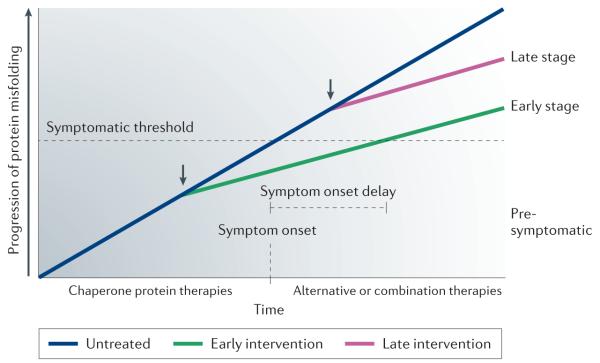Figure 5. Importance of early intervention in neurodegenerative diseases.
The progressive nature of neurodegenerative diseases complicates treatment because neuronal damage and protein misfolding are already present at the stage of symptom onset (blue line). Early intervention with heat shock transcription factor 1 (HSF1) activators that promote chaperone protein expression will ameliorate protein misfolding, slow disease progression and delay the onset of symptoms (green line). In an ideal situation, HSF1 activators could be combined with currently available symptomatic treatments at the stage of symptom onset to further enhance disease management. By contrast, HSF1-based therapeutic strategies are unlikely to be as effective at a late stage owing to the severity of neuronal loss and protein-misfolding pathology that is unlikely to be reversed (pink line). In late-stage neurodegenerative disease, alternative or combination therapies — such as inducers of autophagy coupled with chaperone protein-based therapies — may be more effective.

